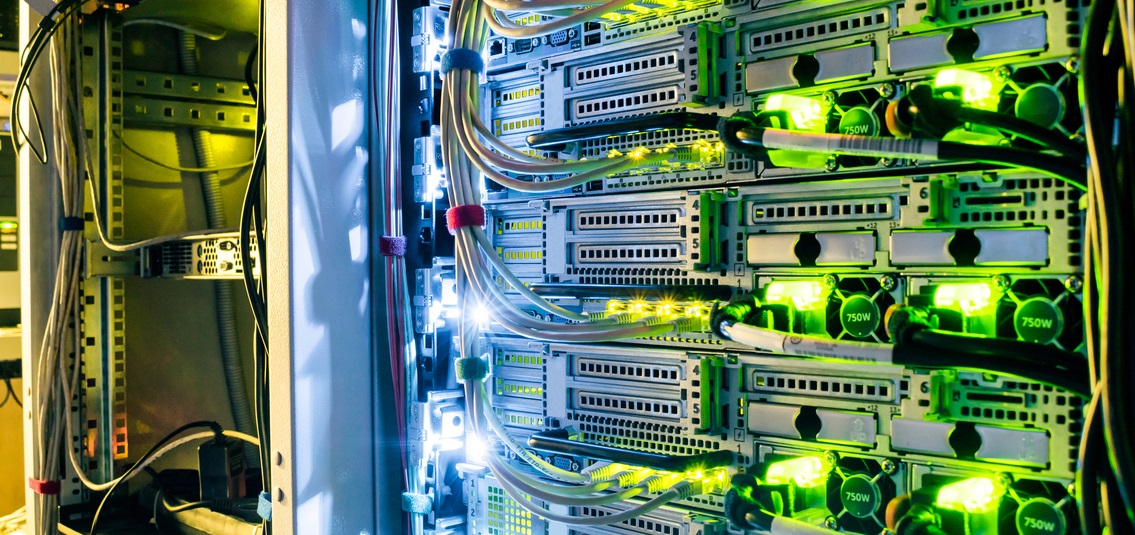Warnings of increasingly severe heatwaves, hurricanes, droughts, and floods as a direct consequence of human activity warming the planet. All businesses must unite to tackle it, the UK government is committed to bringing all greenhouse gas emissions to net zero by 2050 compared to 1990 levels, by investing in green technologies and decarbonisation measures. As the eyes of the world turn to Glasgow for the COP26 UN Climate Change Conference in November, all businesses are expected to show how they are minimising their environmental impact.
For manufacturing businesses, which often have premises or suppliers in climate-vulnerable zones, climate change is a significant risk. But in order for the sector to meet net-zero targets, it has to tackle a range of day-to-day, practical issues, including the use of materials such as plastic, rising energy costs, and the streamlining of processes.
Businesses in the sector are also aware of the benefits and new opportunities a sustainable manufacturing strategy could bring. Increases in resource efficiency, a reduction in costs and waste and a reduced carbon footprint are all on the table, along with the competitive advantage that will come from meeting the gold standards of customers and supply chains.
Dr Kathi Kaesehage, Director of Research at the Centre for Business, Climate Change and Sustainability and Lecturer in Climate Change and Business Strategy at the University of Edinburgh Business School, is one of the guest speakers in the webinar series. She says all stakeholders must act.
“Climate change as a ‘grand challenge’ is incredibly complex to comprehend and as such scientific evidence alone leads to minimal behaviour change,” she says. “It’s of vital importance to make climate change actionable through co-developing mitigation and adaptation solutions, across decision making levels, from a variety of knowledge disciplines.”
The next step is action: to find out how to embed sustainability confidently and successfully into business models and provide solutions.

